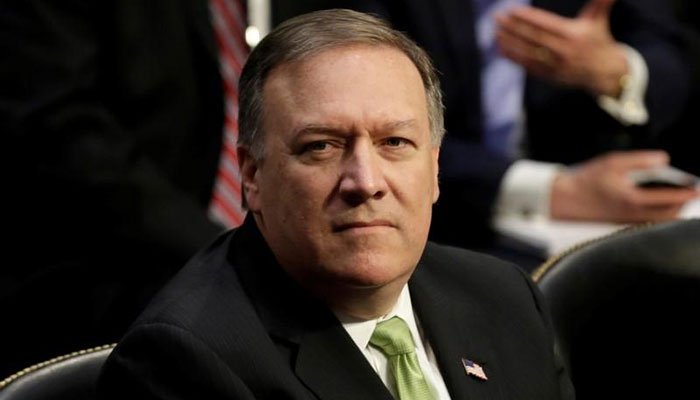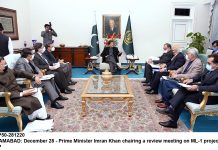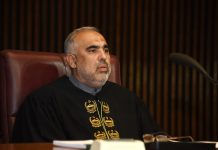
US Secretary of State Mike Pompeo, while signing the US-India Basic Exchange and Cooperation Agreement (BECA) on sharing of geospatial information earlier in the day, had warned of the threat posed by an “increasingly assertive China”.
Taking notice of the military agreement, Pakistan’s Foreign Office in a statement said that Islamabad has been consistently highlighting the threats posed to strategic stability in South Asia as a result of provision of advanced military hardware, technologies and knowledge to India.
“India’s massive acquisition of armaments and expansion of its nuclear forces, including introduction of new destabilising weapon systems, are developments with serious repercussions for peace and stability in South Asia,” it said.
The recent unprecedented rate of missile tests conducted by India is yet another manifestation of dangerous Indian conventional and nuclear military build-ups, said the FO.
The pact corroborates concerns expressed by several international experts on the military spin-offs of conducting high technology trade with India, which has not only eroded the international norms but has also resulted in negatively affecting the strategic stability in South Asia, read the statement.
“These developments clearly negate the argument that India’s mainstreaming in the international export control regimes will further the non-proliferation objectives of these regimes.”
Pompeo, who arrived in New Delhi on Monday along with Defense Secretary Mark Esper, said after talks with their Indian counterparts that the two countries had to work together to confront the threat China posed to security and freedom.
The annual US-India strategic dialogue comes at a time of heightened tension in the region, with Indian troops confronting Chinese forces on their disputed Himalayan border.
“Big things are happening as our democracies align to better protect the citizens of our two countries and indeed, of the free world,” Pompeo told reporters after the talks with Indian Foreign Minister Subrahmanyam Jaishankar and Defence Minister Rajnath Singh.
The new defence pact was a “significant milestone” that would foster cooperation between the militaries of both countries, Esper told the news conference.
The United States planned to sell more fighter planes and drones to India, Esper added. The pact will give India access to a range of topographical, nautical and aeronautical data that is considered vital for targeting of missiles and armed drones.
It would also allow the United States to provide advanced navigational aids and avionics on US-supplied aircraft to India, an Indian defence source said.
US President Donald Trump has made being tough on China a key part of his campaign to secure a second term in next week’s presidential election and Pompeo has been trying to bolster allies to counter China’s growing influence in the region.
“We urge Pompeo to abandon his Cold War mentality, zero-sum mindset, and stop harping on the ‘China threat’,” Chinese foreign ministry spokesman Wang Wenbin told a news briefing in Beijing earlier on Tuesday. India has its own problems with China.
On June, 20 Indian soldiers were killed in a clash with Chinese troops on their high-altitude border, hardening the mood in India against China and driving Prime Minister Narendra Modi’s government to seek closer military ties with the US. Jaishankar did not refer directly to China in his comments at the news conference but hailed “national security convergences” with the United States and their determination to tackle security and counter-terrorism issues and ensure peace and stability in the Indo-Pacific region.
This month, India invited Australia to join naval drills it holds each year with the US and Japan, brushing off Chinese concerns that the exercises destabilise the region.














